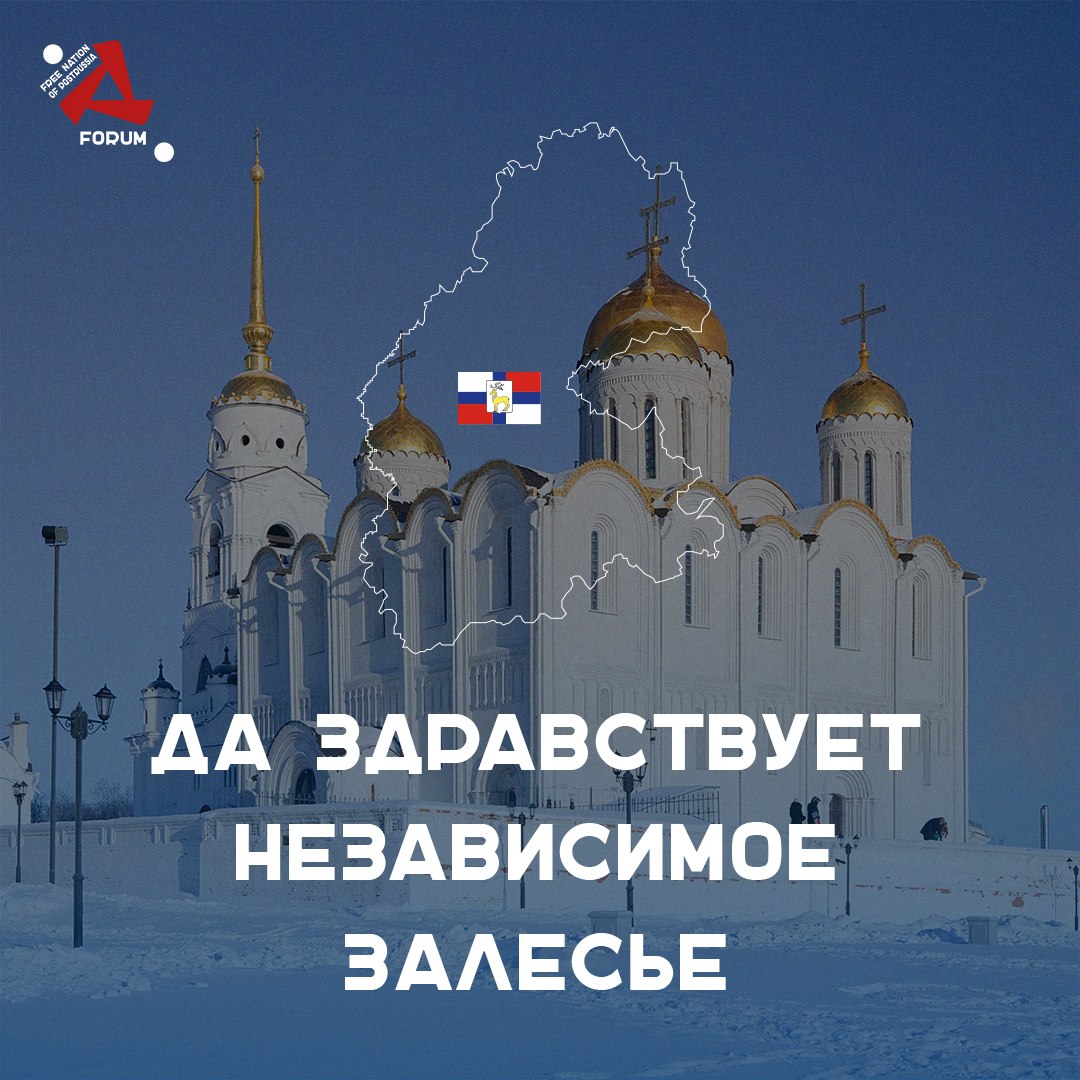November 7, 2025

“We are notgiven to foresee how our words will echo...” But if there is anything wecan predict from historical progression, it’s the inevitable collapse ofempires.
Russia, asEurope’s last remaining empire, may soon face the same dilemma once confrontedby Austria-Hungary and the Ottoman Empire: What comes after losing imperialstatus? Naturally, Moscow’s elites will try to cling to any chance of salvagingsome remnants of their once-formidable state. However, this is where thehistorical experiences of Austria and Turkey could help – both managed totransition from imperial centers into relatively stable nation-states.
It’s entirelyplausible that historical Zalesye – the once remote, forested region ofVladimir-Suzdal Rus – could become the basis for a new state. We’ve alreadyseen how Austria, after 1918, lost control of a vast multiethnic empire yetemerged as a small but functional country. And Turkey, under Mustafa KemalAtatürk, managed to build a secular nation-state out of the ashes of theOttoman Empire, despite losing its Balkan, Arab, and Caucasian territories.
Drawing aparallel, an independent Zalesye would inevitably face certain challenges:
1. Ethnic andRegional Diversity. Like Austria, it would need to balance historicalheterogeneity with forging a common national identity.
2. The Impetusfor Reform. As in Turkey, any new state would require radical political andeconomic reforms to stay relevant on the global stage.
For the Federationof Zalesye, finding the right balance between its historical legacy and currentpolitical and economic realities will be crucial. Only by combining deepself-reflection with pragmatic foreign policy could it hope to maintainstability.
Muscovy – or thefuture Federation of Zalesye – could indeed make use of this model. In the end,it’s better to have a smaller, safer, and more economically stable nation thana chaotic shard of a fallen empire, mired in turmoil.
Howmight Zalesye gain independence?
The key trigger isthe war with Ukraine, which is weakening the center of power, eroding regionalgovernance, and speeding up the process of fragmentation. Political, economic,and military exhaustion is compelling the search for new survival strategies.
- The WarFactor. If Russia is defeated or the conflict drags on, the centralizedpower structure will likely collapse.
- The RegionalFactor. Historically prominent cities (Moscow, Yaroslavl, Vladimir,Kostroma) might try to “save face” by distancing themselves from the far-flungperiphery.
- The EliteFactor. The more pragmatic elements of Russia’s elite may decide it’sbetter to remain part of a smaller but stable state than to share the fate ofthe USSR in 1991.
The Kremlin’s talkof a “New Yalta” is essentially a last-ditch effort to preserve some semblanceof international influence. But in reality, while Russia is bogged down bysanctions, military crises, and internal strife, visions of a grand new globalorder amount to little more than propaganda.
If a new worldorder does emerge, it’s more likely to carve out a new map of Russia thanconfirm its present borders.
Russia’s ownhistory shows a recurring pattern: empires collapse in much the same way – throughchaos and catastrophe. But if the country draws the right conclusions in timeand adopts the Austrian path, Zalesye stands a chance – at least of becominganother Austria, rather than a new Zimbabwe.